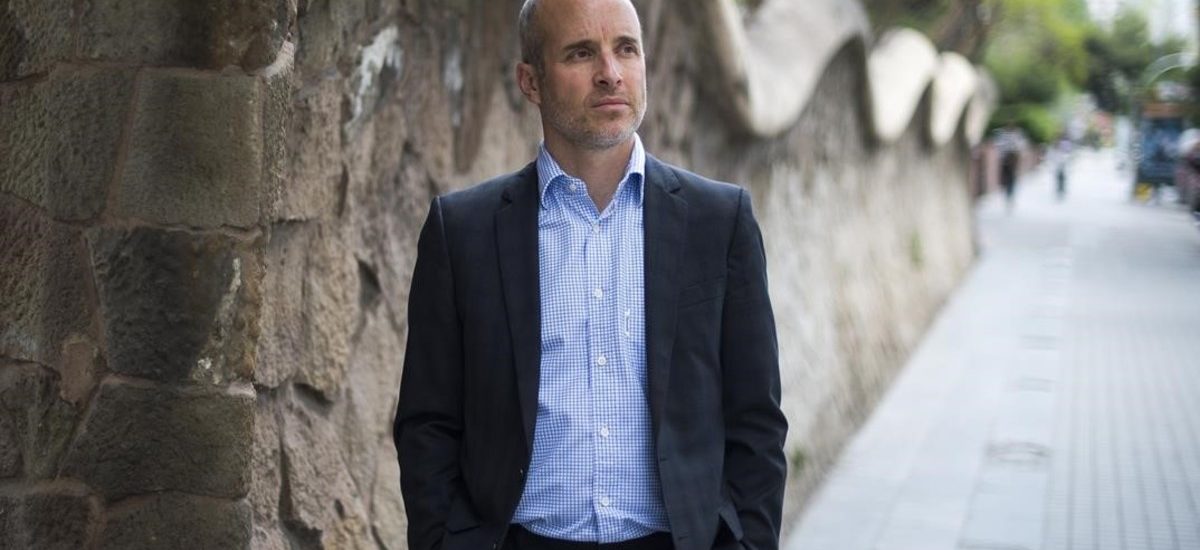Mark Freeman is the founder and Executive Director of the Institute for Integrated Transitions (IFIT). As noted on IFIT’s website, Mark is a Belgian and Canadian citizen. He is a leading expert in international human rights and conflict resolution.
Groundviews caught up with Mark during a recent visit to Colombo. We began our conversation interrogating the role and relevance of foreign experts, of whom Sri Lanka has arguably seen more than its fair share of, in helping to strengthen, inter alia, our constitutional reform process. The question posed to Mark is how experts can contribute in a way that doesn’t exacerbate what is often a hostile reaction to their visits and recommendations.
Mark is then asked, given the proclivity of successive governments including the one in power to take from international experts whatever that is convenient and shun, or decry, whatever that is inconvenient, how best local actors including those in official roles engage with input that is aimed at strengthening democracy, even if it is a bitter pill to swallow.
We go on to discuss Sri Lanka’s constitutional reform process in particular. Mark is asked on how best a reform process can be undertaken if the dominant frames of engagement with core issues is through frames of fear, fright or anxiety. In Sri Lanka, the Joint Opposition’s framing of the new constitution is far more effective than the government’s ability to communicate, leading to a general public who first encounter and often only ever engage with core constitutional principles through downright lies, fiction and misdirection. Mark is asked how in such a context, a reform process can communicate its message in a way that assuages key concerns and violent pushback.
Referring to the conversation I had with Mark’s colleague at IFIT Juanita Goebertus, I ask him about the role and relevance of political and strategic communications around a referendum process, and in key moments of nation building. Marks focusses on the importance of communicating not at (just) an intellectual level, but at an emotional level – connecting to and addressing fears.
Mark is then asked to respond to, given recent events in Spain and also IFIT experience in dealing with political transitions in a number of very different contexts, how best to deal with public fears around secession, which dominates the discourse around constitutional reform in Sri Lanka.
In the final question, Mark address how, through his vast experience, the thinks how in 2018’s referendum on the new constitution, the side desirous of seeing it through can win, despite the chorus of opposition and fear mongering against it.
Listen to the full podcast below, or directly on SoundCloud here.

